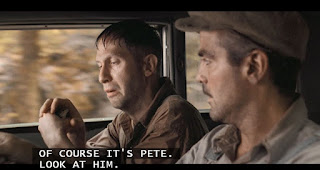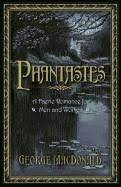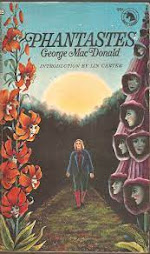
In general, fantasy does better here--Gandalf is preferable to the numerous gurus that populate contemporary fiction. Even Cadfael--a fantastic character--gets a little too above-it-all in the film version (despite the notable actor).
With Galadriel and the other near-Saints of Middle Earth, Tolkien manages to emphasize that their leadership roles do not make them perfect. A reader of The Lord of the Rings meets Gandalf and Galadriel after long lives in which they made plenty of mistakes. Galadriel rejects the ring but might not have always rejected it. Gandalf recoils from Frodo's offer of the ring--he knows what terrible (justified) things he would do with it. In addition, he reiterates multiple times that he isn't sure what path to take with Frodo. Most importantly, he doesn't see Saruman's betrayal coming. Meanwhile, Aragorn, the high king, is torn between his duty to Frodo and his duty to Gondor throughout the first book.
However, all these good characters pale in comparison to Aslan.
I think one reason Aslan is so wonderful is that he is a lion. Lewis uses his lion nature to emphasize certain traits:2. Aslan likes a romp. His playful chase with Susan and Lucy after his restoration/resurrection in The Lion, the Witch, and the Wardrobe is one of the most delightful in literature.
3. Aslan has a sense of whimsy. He teases Trumpkin. He turns the posturing Rabadash into an ass.
4. Aslan is kind. He shows respect to Reepicheep and takes his sense of honor seriously. He is gentle with Puzzle.
5. Aslan can be sad.
I'm currently reading a great deal about early Christian theology, specifically the controversies over whether Christ was created by God or co-eternal with God and frankly, it's kind of wearisome, mostly because it seems to rest on an insistence that Christ couldn't possibly really suffer, not if he was God--except if he wasn't God, he couldn't save. Round and round and round. (And from my view, entirely unnecessary: God can suffer and save; it's not that complicated a conclusion.)
I appreciate that Lewis allows Aslan to mourn the choice he has made to save Edmund--mourn, not regret. He allows Susan and Lucy to walk with him because they bring him comfort.
Lewis is creating myth, not theology. He doesn't have to explain Aslan. He just has to let Aslan be.
And Aslan is a great GOOD character, in large part because he is approachable. His sternness doesn't negate his fundamentally warm nature. His warm nature doesn't negate his strength and authority.
As with Edmund, Lewis pulls off this feat by not calling attention to his writing choices. Lots and lots of show.

















.JPG)
































